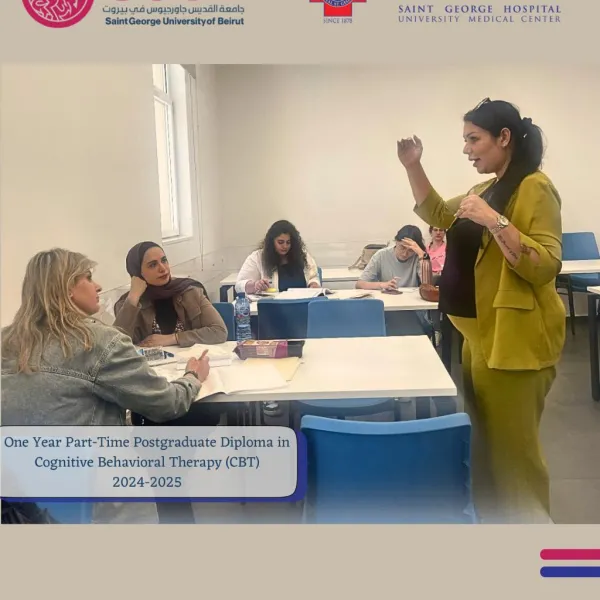Embarrassment when illness strikes a close relative: A World Mental Health Survey Consortium multi-site study
ABSTRACT
BACKGROUND:
In this global study we sought to estimate the degree to which a family member might feel embarrassed when a close relative is suffering from an alcohol, drug, or mental health condition (ADMC) versus a general medical condition (GMC). To date, most studies have considered embarrassment and stigma in society and internalized by the afflicted individual but have not assessed family embarrassment in a large-scale study.
METHOD:
In 16 sites of the World Mental Health Surveys (WMHS), standardized assessments were completed including items on family embarrassment. Site matching was used to constrain local socially shared determinants of stigma-related feelings, enabling a conditional logistic regression model that estimates the embarrassment close relatives may hold in relation to family members affected by an ADMC, a GMC, or both conditions.
RESULTS:
There was a statistically robust association such that subgroups with an ADMC-affected relative were more likely to feel embarrassed compared to subgroups with a relative affected by a GMC (p<0.001), even with covariate adjustments for age and sex.
CONCLUSIONS:
The pattern of evidence from this research is consistent with conceptual models for interventions that target individual- and family-level stigma-related feelings of embarrassment as possible obstacles to effective early intervention and treatment for an ADMC. Macro-level interventions are under way but micro-level interventions may also be required among family members, along with care for each person with an ADMC. Psychological Medicine; 43(10),2191-202.
To obtain complete access to the article, please send an email to idraac@idraac.org, in which you specify your position and the reason for your request.



